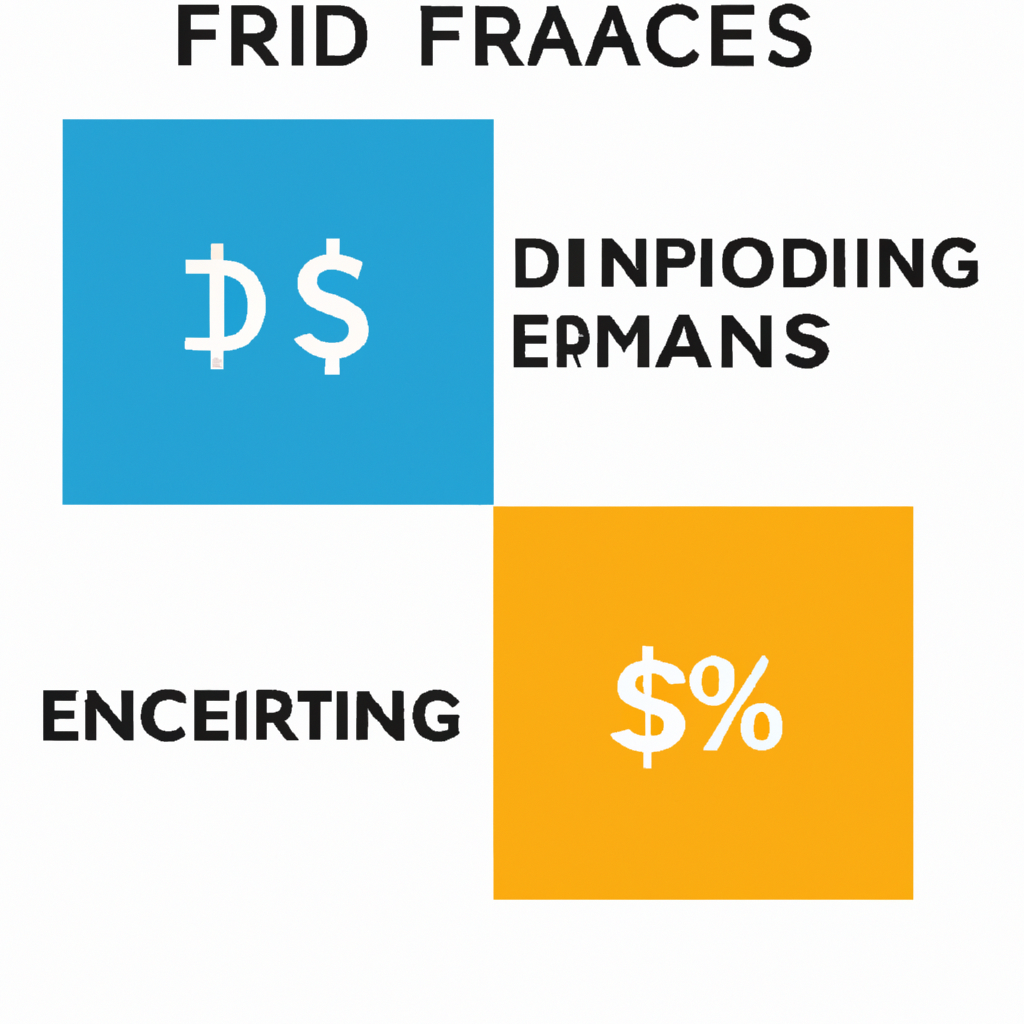Trading Fees and Commissions Comparison
When it comes to trading in the stock market, one of the most important factors to consider is the fees and commissions charged by brokerage firms. These fees can significantly impact your overall returns, so it’s crucial to understand how they compare across different platforms. In this article, we’ll break down the various fees and commissions charged by popular brokerage firms to help you make an informed decision.
Types of Fees
Before we dive into specific comparisons, it’s essential to understand the different types of fees you may encounter when trading stocks. Here are some common fees to look out for:
- Commission fees: These are charges for executing trades on your behalf. They can be a flat fee or a percentage of the trade amount.
- Account maintenance fees: Some brokers may charge a fee for maintaining your account, regardless of your trading activity.
- Inactivity fees: If you don’t make any trades within a certain period, you may be charged an inactivity fee.
- Transfer fees: These are charges for transferring funds or securities in or out of your account.
Comparison of Trading Fees
Now let’s compare the trading fees and commissions of some popular brokerage firms:
- Robinhood: Known for its commission-free trading, Robinhood charges no fees for buying or selling stocks, ETFs, or options. However, they do charge a fee for trading on margin.
- E*TRADE: E*TRADE charges $0 commission for online US-listed stock, ETF, and options trades. They also offer a tiered fee structure for options trades based on the number of contracts.
- TD Ameritrade: TD Ameritrade charges $0 commission for online US-listed stock, ETF, and options trades. They also offer a $0.65 fee per contract for options trades.
- Fidelity: Fidelity also charges $0 commission for online US-listed stock, ETF, and options trades. They have a $0.65 fee per contract for options trades as well.
Factors to Consider
When comparing trading fees and commissions, it’s essential to consider factors such as the types of securities you plan to trade, your trading frequency, and the level of customer service and research tools provided by the brokerage firm. While low fees are important, it’s also crucial to ensure that you’re getting the support and resources you need to make informed trading decisions.
By carefully evaluating the fees and commissions charged by different brokerage firms, you can choose the platform that best suits your trading style and financial goals. Remember to regularly review and compare fees to ensure that you’re getting the most value for your money.










